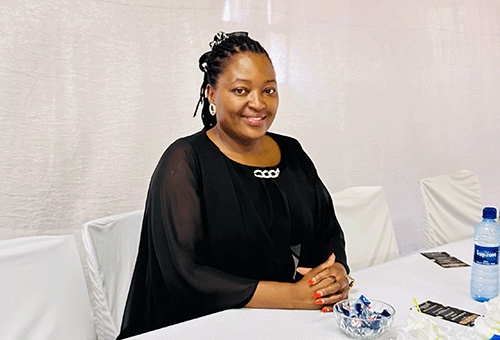Juliet Madamombe
As the calendar resets, there is usually an unspoken ailment that silently creeps into the lives of many – the notorious ‘January disease’. Like an unwelcome annual visitor, it leaves many pondering why this financial flu hits with precision each year, and whether there exists a cure or preventive measures to shield against its devastating impact. With school fees to pay and uniforms to buy for school children, for instance, many parents find it hard to disentangle themselves from the January disease web.
But what causes this disease, and what are its symptoms? The ‘January disease’ is not a medical condition, but a metaphorical term used to describe the financial struggles which often accompany the beginning of the year, leaving individuals scrambling to make ends meet after indulging in holiday spending.
Reflecting on childhood memories, I recall hearing elders speak of the ‘January disease’ with a mix of humour and acknowledgement. Little did I know that at some point, as I grew older, I would get to experience its harsh consequences that seemed to afflict everyone every year as the calendar turns to January.
The symptoms of the ‘January disease’ typically manifest in the form of depleted bank accounts, maxed-out credit cards, and an overall sense of financial stress. However, with a bit of foresight and planning, one can successfully steer clear of the financial pitfalls associated with this annual affliction.
But, is there a cure for this annual financial ailment, or are we doomed to succumb to its effects year after year? Experts suggest that while there might not be a one-size-fits-all remedy, there are certainly preventive measures and strategies to minimise the impact of this disease. This requires some level of financial education. Improving financial literacy can have a profound impact on one’s ability to make sound financial decisions, ultimately leading to better financial outcomes. Research has shown that low financial literacy can have a negative impact on an individual’s ability to manage their finances and make informed decisions (Lusardi, 2019).
Financial advisors advocate planning ahead as crucial. This entails establishing a realistic budget that encompasses all holiday expenses – from thoughtful gifts and festive decorations to travel plans, and stick to it. While the allure of impulsive buying habits may pose a temporary challenge, some advisors assert that intentional discipline can be a game-changer. It is not just about curbing spending; it is a journey towards financial mindfulness. By mastering this discipline, individuals not only shield themselves from the January blues induced by overspending, but also cultivate a long-term habit that promises financial well-being throughout the year. Stone (2011) suggests that higher levels of mindfulness lead to better management of one’s financial resources, namely by helping to strike a balance between reflexive (passionate, impulsive and automatic) and reflective (thoughtful and deliberate) processing of money matters, thereby affecting an individual’s money attitudes and behaviours.
Another key aspect of avoiding the ‘January disease’ is setting aside a dedicated savings fund throughout the year to create a financial safety net. Creating a holiday savings account allows individuals to accumulate funds specifically for year-end expenses, mitigating the need to dip into regular savings or rely on credit cards. This financial fortress not only shields you from the January blues, but propels you towards your grand aspirations – be it a cozy home, a stellar education, or a dreamy retirement.
In the face of the ‘January disease,’ it is essential to recognise that financial resilience is not an unattainable feat. By embracing proactive financial strategies and making informed choices during year-end festivities, individuals can defy the conventional narrative. As the calendar turns, let us bid farewell to the cycle of financial stress in January. Instead, let the dawn of the New Year symbolise a fresh start – an opportunity to improve on financial literacy. Kezar and Yang (2010) labelled financial literacy as a critical life skill which allows individuals to make informed decisions about their money, including budgeting, saving, investing and borrowing.
It is important to take control of one’s finances, and cultivate healthy money habits. Once this is successfully done, one can be sure of a strong foundation for a prosperous and stable financial future, devoid of the ‘January disease’.
*Juliet Madamombe is a business consultant, serial entrepreneur and writer. She can be contacted at jtmadamombe@gmail.com



